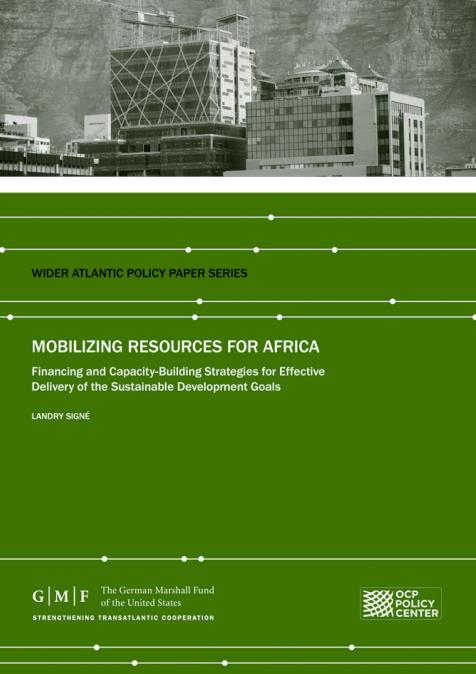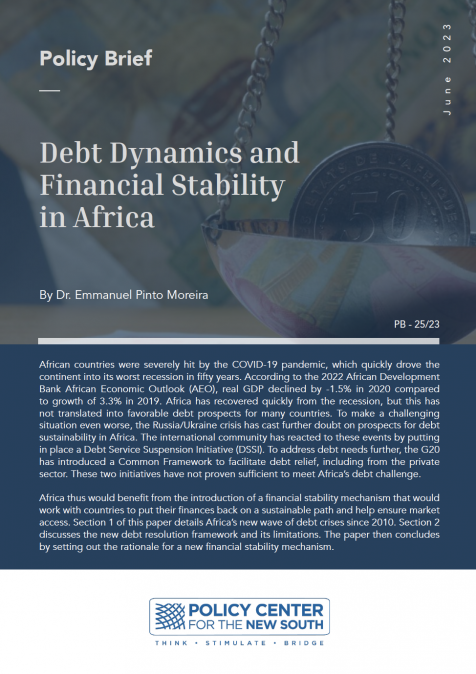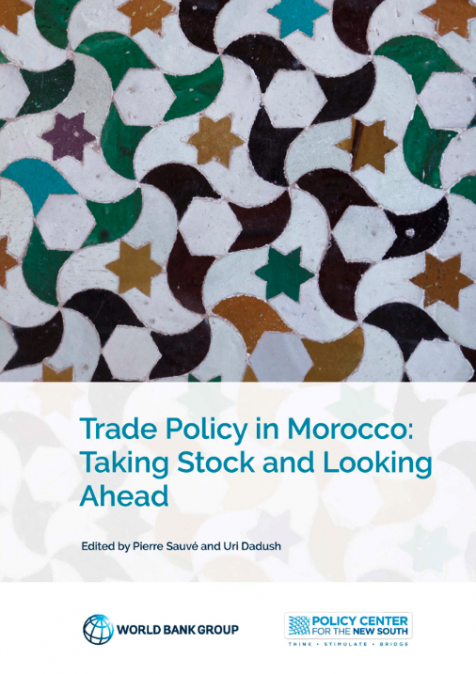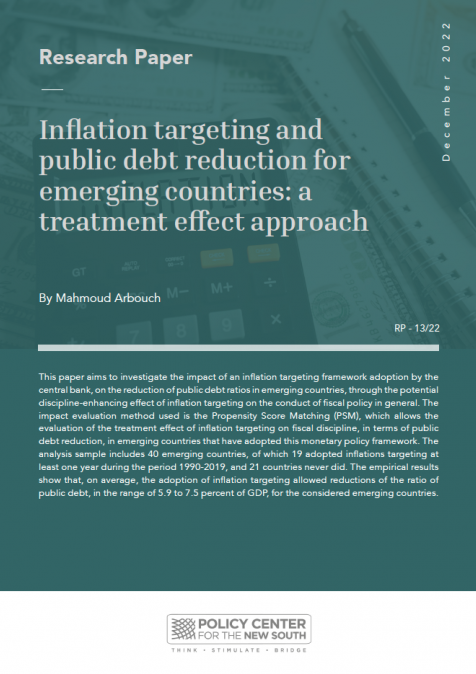Publications /
Research Paper
This policy paper provides a comprehensive strategy to help African and international decisionmakers successfully mobilize financial resources and effectively build capacity for improved implementation of the post-2015 development agenda. It discusses the relevance and efficient use of a wide range of tools that can be adopted by development actors, depending on their specific context and goals. Actors evaluated include African countries and regional institutions, “North-South” country cooperation, “South-South” country cooperation, international financial institutions, and key stakeholders such as the private sector, civil society organizations, research centers, and think tanks.









